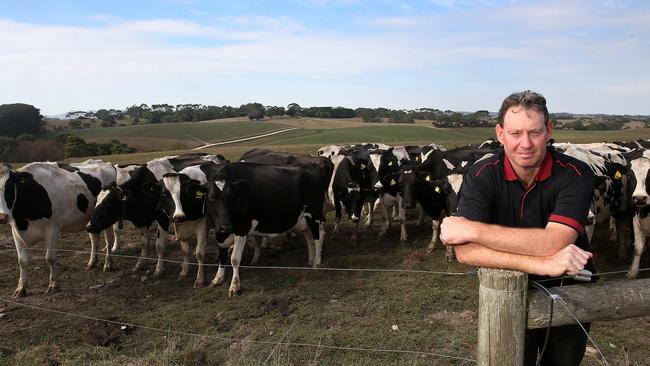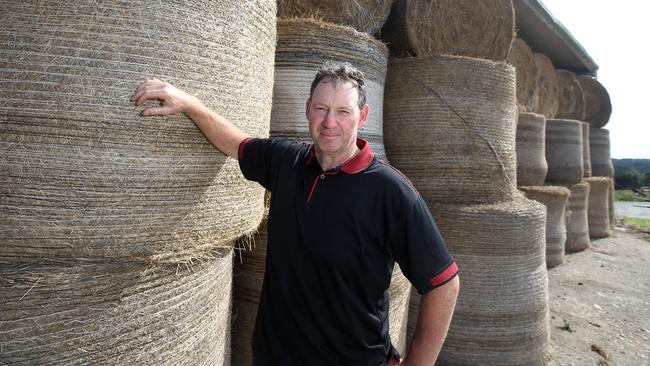Victorian dairy farmer raises fertiliser inflation concerns
Ray Stefani says while dairy leaders talk up the industry, they’re ignoring crucial problems dogging the sector.
Inflationary pressures need to flow from farmgate to breakfast plate, dairy farmers say, with fertiliser costs quadrupling.
South Gippsland primary producer Ray Stefani says the input cost spike meant many dairy farmers were experiencing the greatest financial strain since the 2016 Murray Goulburn/Fonterra clawback.

“The average Australian doesn’t understand how prices have blown out of all proportion in the past 12 to 18 months,” Mr Stefani said.
“Urea prices are upwards of $2000 a tonne, when 18 months ago, you’re talking $500 or $600 a tonne. The cost of bringing in feed to the farm has jumped too but I know of farmers who are doing that because it’s the best of a bad situation.”
Several processors have indicated opening prices for the 2022-23 season at just about $8 a kilo milk solids. But Mr Stefani said the price should be at least $9 a kilo for farmers to cover costs.
“The squeezing of margins is as bad as the period after the 2016 clawback. Prices were low then but input costs were also low,” he said.

With a federal election campaign underway, Mr Stefani called on Federal Agriculture Minister David Littleproud and opposition agriculture spokeswoman Julie Collins to provide practical solutions to ease the dairy cash crisis.
“David Littleproud has talked about the supermarkets needing to do more — well, now he needs to show leadership,” Mr Stefani said.
“We need the consumer to understand that they have to pay more for milk, pay more for cheese and other produce.
“I was in a service station recently and you’re paying $3.60 for a 600ml bottle of water. You pay the same price for a three litre bottle of milk. It doesn’t add up.”
United Dairyfarmers of Victoria president Paul Mumford has called for Australia’s big three supermarkets to immediately increase dairy produce prices to reflect the recent inflationary crunch. He said both farmer and processor leaders had explained the reasons why milk prices needed to rise and called on supermarkets to follow suit.





